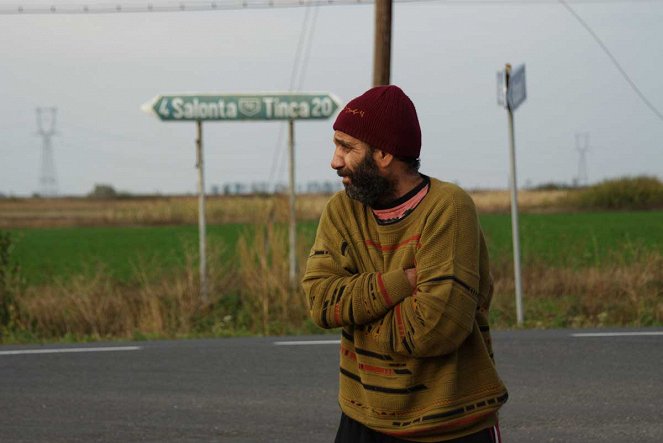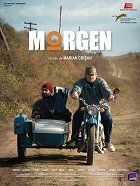Directed by:
Marian CrisanScreenplay:
Marian CrisanCinematography:
Tudor MirceaCast:
András Hatházi, Yilmaz Yalçın, Szabolcs Hajdu, Elvira Rimbu, Dorin C. Zachei, Razvan Vicoveanu, Levente MolnárPlots(1)
Nelu, a man in his forties, works as a security guard in the local supermarket in Salonta, a small town on the Romanian-Hungarian border. This is the place where many illegal emigrants try to cross, by any means possible, to Hungary and then further to Western Europe. For Nelu, days go by the same. Fishing at dawn, then work, and finally home with his wife-Florica. They live alone at an isolated farmhouse on the fields outside Salonta. Their problem these days is repairing the old roof of the farmhouse. One morning, Nelu will "fish" something different out of the river: a Turkish man trying to cross the border. Not able to communicate verballly, the two men will somehow understand each other. Nelu takes the stranger to the farmhouse, gives him some dry clothes, food and shelter. He doesn't really know how to help this stranger. The Turkish man gives Nelu all the money he has on him so he will help him cross the border. Eventually, Nelu takes the money and promises he will help him cross the border tomorrow, MORGEN... (CinEast)
(more)Reviews (1)
This minimalist sarcasm is exactly for someone like me. A film of insight without understanding, compiled from long, often non-eventful shots that accurately reflect the boredom and grayness of the Romanian borderlands. In this flat and immense space, every soft emotion and joke that the central duo – the laconic giant Hatházi and the pixie Yalcin – receives there literally shines. Characters who understand each other de facto only the word morgen represent a realistic and natural contradiction to the affected and engaged cries against the EU's behavior towards immigrants. This is a film about people, not humanist wisdom from manuals. A massive veristic rush of blood to the head, in which things happen according to the key of improbability and chance. Morgen is a life crammed into the cut-out of a camera that does not speak much (I can think of a parallel with both the excellent French film A Faint Trembling of the Landscape and the proletarian poetics of the everyday unusualness of the de Kervern-Delepine duo).
()
Gallery (17)
Photo © Les Films du Losange

